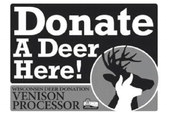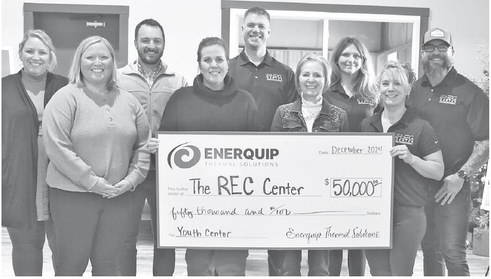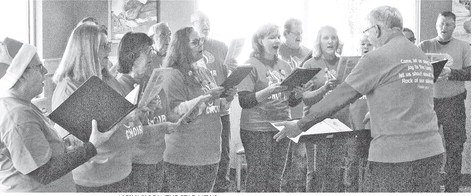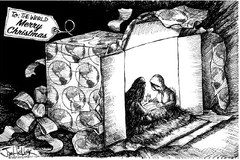risk of health problems for ….


risk of health problems for children and adults, makes it more difficult to manage chronic conditions and contributes to short-term and long-term stress for children and families.
Hunters interested in donating a Wisconsin-harvested deer to the DNR’s Deer Donation Program can follow these steps:
_ Field dress your deer. Handle the carcass with care.
_ Register your deer through Game Reg. Make a note of your registration confirmation number and keep it on hand when dropping off your deer.
_ Test your deer for CWD if harvested from a CWD-affected county that requires testing before taking the deer to a processor. To find a CWD sampling location near you to submit samples from Wisconsin-harvested deer free of charge, visit the DNR’s “Sampling For Chronic Wasting Disease” webpage. Test results are usually available from the DNR within two weeks.
_ Call ahead. Contact one of the participating processors (https://widnr.widen. net/s/xkq6fxmbds/processor_deer_donation_ list_2020) before dropping off your deer to make sure they have space to accept it. More processors may be added later in the season, so check back if you don’t see one currently in your area. The 2021 list includes Inge’s Custom Meats of Stanley and Lotts-A-Meats of Bloomer in Chippewa County; River Valley Meats of Withee in Clark County; Custom Meat of Marathon City and Smith Brothers Meats of Colby in Marathon County and Hickory Nutz Sausage of Medford in Taylor County.
_ If donating a Wisconsin-harvested deer that is being tested for CWD, inform the processor at the time of the donation and provide your CWD barcode number. The processor will hold onto the donated deer until results are known and before distributing to an area nonprofit.
_ Drop off your deer at a participating processor.
Visit the DNR’s Deer Donation Program webpage (https://dnr.wisconsin. gov/topic/hunt/donation.html) to learn more.



